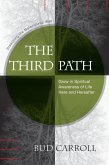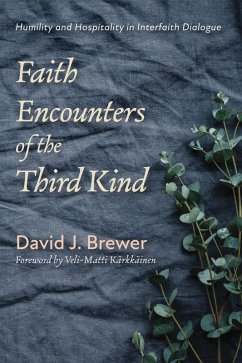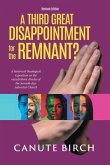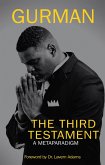'We believe that a person always stands before God, hand in hand with others, and at the same time with others before God.' With these words the authors, theologians and therapists, alert us to the importance of understanding a person within her or his relational network (context). This context refers not only to the current relational network but also to the generations before us and the generations to come. In this way the conflicts of the past generations but also their resources, influence the people of the current generation and this in turn has an influence on the unborn generations. Family loyalty predetermines the choices we make and the priorities we set. How can family loyalty be a liberating motivation as a legacy for living with each other but also for meeting with others outside the family and even outside their own heritage and influences regarding e.g. ethnicity, culture, politics and religion/church? The aim of the contextual pastoral care approach is to develop a greater understanding between people and culture within their specific contexts and participate in restoring trust and trustworthiness within their relations. In this way God is in our midst on our journey towards fairness, trust and hope. This intergenerational dialogical approach was inspired by the work of the Hungarian /American family therapist and psychiatrist, Ivan Boszormenyi-Nagy, and was later in turn inspired by scholars such as Martin Buber and Emmanuel Levinas. The Unexpected Third is used in many pastoral courses, academic, post- academic and practical, in the Netherlands and in Eastern-Europe. It is received as a meaningful contribution to Practical Theology and Pastoral care for individual counselling, family care and also for reworking certain conflicts in the parish and community.
Dieser Download kann aus rechtlichen Gründen nur mit Rechnungsadresse in A, D ausgeliefert werden.









